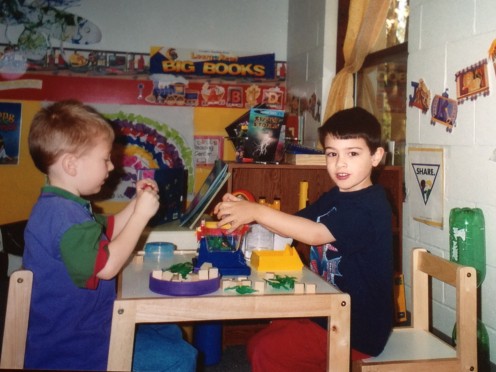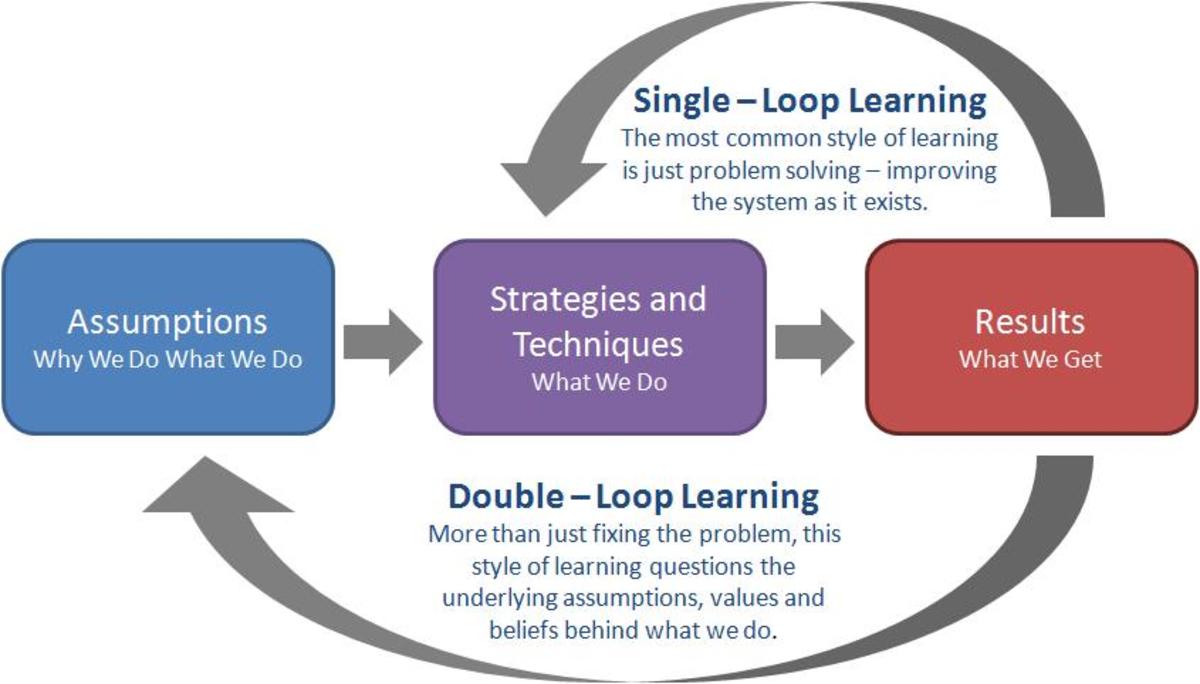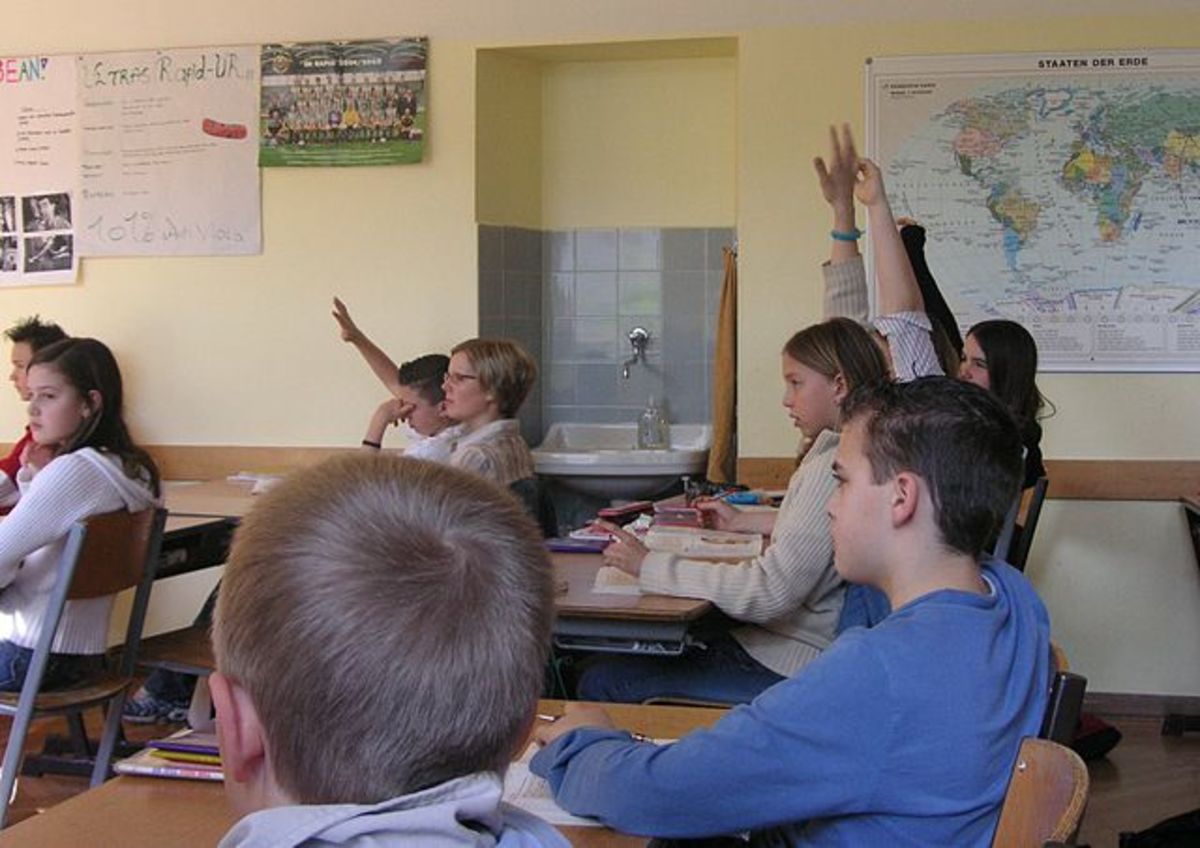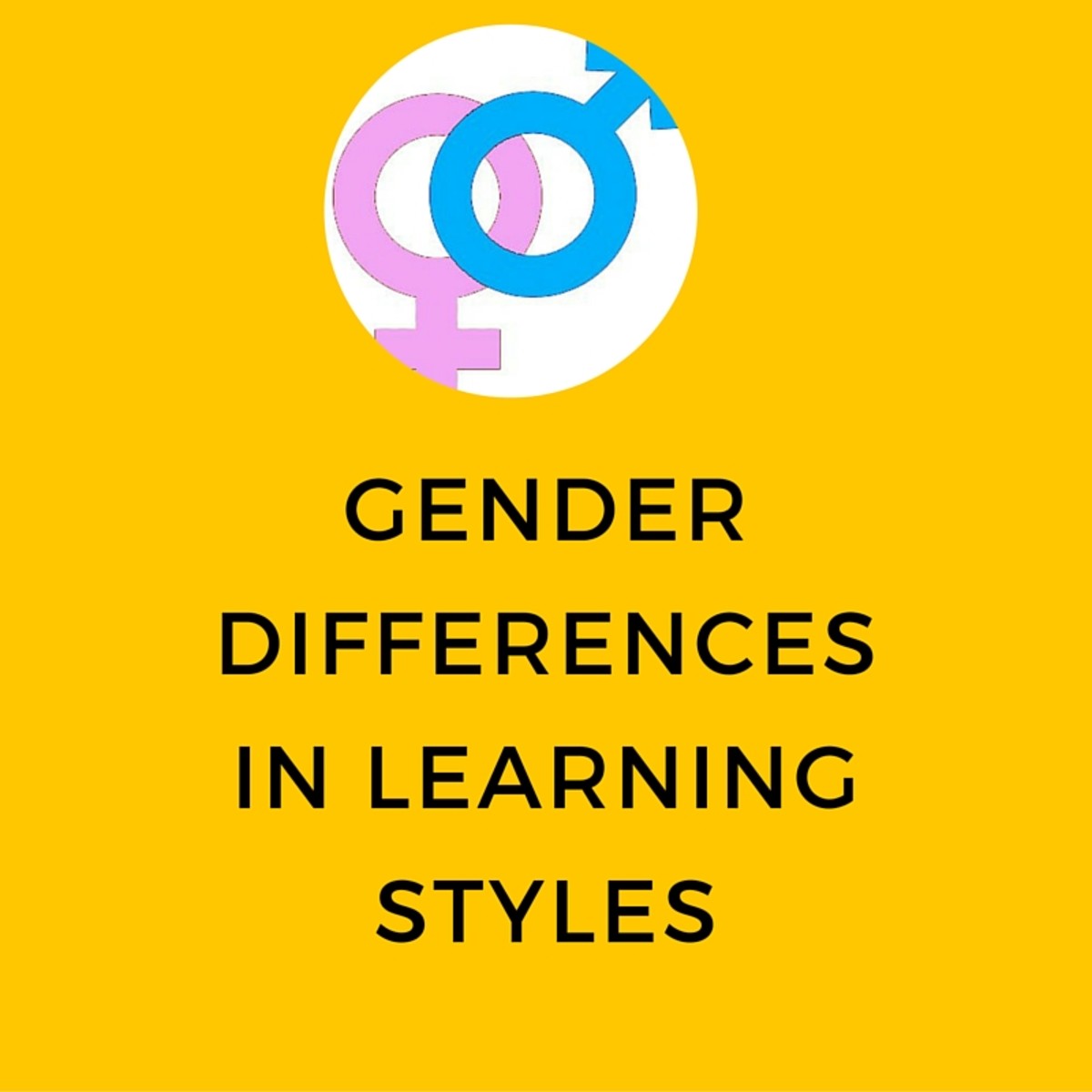What are Learning Styles?
What Is Your Child's Learning Style?

Book Resource On Learning Styles
Learning Styles Defined
Cayla, Andrew, and Sam sat on the carpet constructing a skyscraper for the class project on buildings. They were to complete it by the end of the day, each was to have a part in the design. The structure was barely off the ground by mid-morning and the three of them were having trouble putting it together.
Cayla enjoyed reading the book about the skyscraper and this helped her to learn how to build one. She tried to explain her ideas to the other two children as they worked. Andrew remembered listening to the teacher's lesson on how to make a skyscraper and he tried to construct it from memory. Sam needed to see a model of a skyscraper before he could begin to build one and was trying to find a picture of one in a book. Clearly, the children's different learning styles were affecting the group project.
Everyone has a preferred learning style and it greatly influences how you learn. It also affects how you internally process information and respond to situations. Our brain uses different areas to process information we receive and this leads to how we learn best.
Discovering how your child learns, will help a parent to discuss effective learning methods in school with a teacher. When a child demonstrates boredom, poor attention span, failing grades, or a change in character such as anger, it may indicate the teacher's methods of instruction does not match the child's learning style. Discussing this with your child's teacher, may help a child to overcome the problems and increase their interest and learning ability. A good teacher will respond well to a parent's interest and concern and appreciate their help in understanding a child's learning style.
The Seven Learning Styles
Style
| Description
|
|---|---|
Visual
| The occipital lobes at the back of the brain manage the visual sense. Both the occiptal and parietal lobes manage spatial orientation.
|
Aural
| The temporal lobes handle aurel content. The right temporal lobe is especially important for music.
|
Verbal
| The temporal and frontal lobes, the left hemisphere of these two lobes
|
Physical
| The cerebellum and the motor cortex (at the back of the frontal lobe) handle much of our physical movement.
|
Logical
| The parietal lobes, especially the left side, drive our logical thinking.
|
Social
| The frontal and temporal lobes handle much of our social activities. the limbic system also influences both the social and solitary styles. The limbic system has a lot to do with emotions, moods and agression.
|
Solitary
| The frontal and parietal lobes, the limbic system, are also active with this style.
|
Source: Overview Of Learning Styles, learningstylesonline.com
Learning Styles Defined
Quotes On Learning & Intelligence
I am so clever that sometimes I don't understand a single word of what I am saying. —Oscar Wilde
When you know better, you do better. —Maya Angelou
It's not that I'm so smart, but I stay with the questions much longer. —Albert Einstein
I not only use all the brains I have, but all I can borrow. —Woodrow Wilson
Wisdom is knowledge applied. Head knowledge is useless on the battlefield. Knowledge stamped on the heart makes one wise. —Beth Moore
If we encounter a man of rare intellect, we should ask him what books he reads. —Ralph Waldo Emerson
Man's mind, once stretched by a new idea, never regains it original dimensions. —Oliver Wendell Holmes Sr.
Continuous effort -- not strength or intelligence -- is the key to unlocking our potential. —Winston Churchill
The best learning I had came from teaching. —Corrie Ten Boom
The Solitary & Verbal Learner

How Learning Styles Affect School Work
How Learning Styles Affect The Information Process
Visual Learners:
They learn best through observation They use imagery to recall information and associate images with concepts, ideas, and data learned. They need visuals such as charts, graphics, movies, photos to help learn. Children who are visual learners can be encouraged to draw pictures along with their notes to reinforce instruction. Spatial order is important to them, being able to see the instruction in order such as left to right helps them to process information.
Aural Learners (Auditory-musical):
The Aural Learner prefers hearing instruction and tends to spell phonetically. They listen and remember facts when they are presented in printed form. Teachers sometimes find these students have trouble reading because they cannot visualize word meanings and concepts. An aural learner's retention may be helped by writing the information down in their own words. Some teachers have found that background noise, such as classical music in a low volume, helps them learn better.
Verbal Learners:
This type find words, both written and spoken, help them to learn best. Information presented in lists (i.e. spelling lists), headings, essays or reading material is valuable to them. You may find them in libraries or reading centers quite often. They enjoy challenges presented through word puzzles or games, excel in speech debates, and love writing projects such as poetry and essays.
Physical Learners:
These children enjoy learning by touch. Consequently, parents may find themselves constantly telling them "don't touch" as they browse through stores. Sports and other physical exercise interests this group. Giving them breaks to play outdoors helps them to focus on school work in segments. Playing with dirt and sand doesn't bother these kids, the dirtier the better! They love projects and teaching sessions that allow them to get involved through hands-on learning. Other activities they enjoy are role-playing, building with blocks, and puzzles.
Logical learners:
Logical learners are thinkers and analyze problems and life situations. They are good at math and make connections quickly when others cannot seem to find meaning in number or calculations requiring processing. They are systematic and love making lists. Brainteasers and games of strategy, such as chess, are stimulating or this group. Children who are logical learners should be encouraged to take a step back when they are engrossed in a project as it tends to frustrate them (over-analyzing is common). Let them know that sometimes you just have to go with the flow.
Social Learners:
Known as "social butterflies" in some circles, social learners are very gregarious and communicate well with others. They love group sessions and individual one-on-one time with people, especially with the teacher. Brainstorming (or mind mapping) is a method of learning that helps them to reflect upon issues and learn from sorting choices. They enjoy team sports as well as sit-down type competitive board games.
Solitary Learners:
This is a child who enjoys independent study so that he or she can concentrate. They tend to self-analyze how they think and feel about events and problems in life. Reflection is a key strength in moving forward on decisions as they tend to use it to improve upon current life situations. Setting goals and making plans are important to them. Personal interests, such as model building, painting, and reading are activities they enjoy. Although they enjoy personal private time to work on problems, they should be encouraged to work with other children so that they realize working with others will help to bring a quicker solution. This also helps them to accept other points of view in problem solving.
What is your learning style?
After reading though the different learning styles, which one best describes your preferred learning style?
Zooming In On Learning Styles
Children demonstrate one preferred learning style over others, but may also use other learning styles in different situations. Knowing where your child is strong will help you to build her strengths by ensuring instruction is presented to her advantage in learning situations. If you see signs that your child is having difficulty learning at school, you may want to consult with her teacher on how information is being presented.
Also consider the environment in which your child is learning. At home, does having the TV on bother him? Or, does he enjoy having music played in the background while studying? Consult his teacher on the classroom environment and activity level. Working together, parents and teachers can provide a learning place that best suits not only your child, but all children. The goal is to help your child improve his focus on learning and to feel a sense of success in accomplishments.









